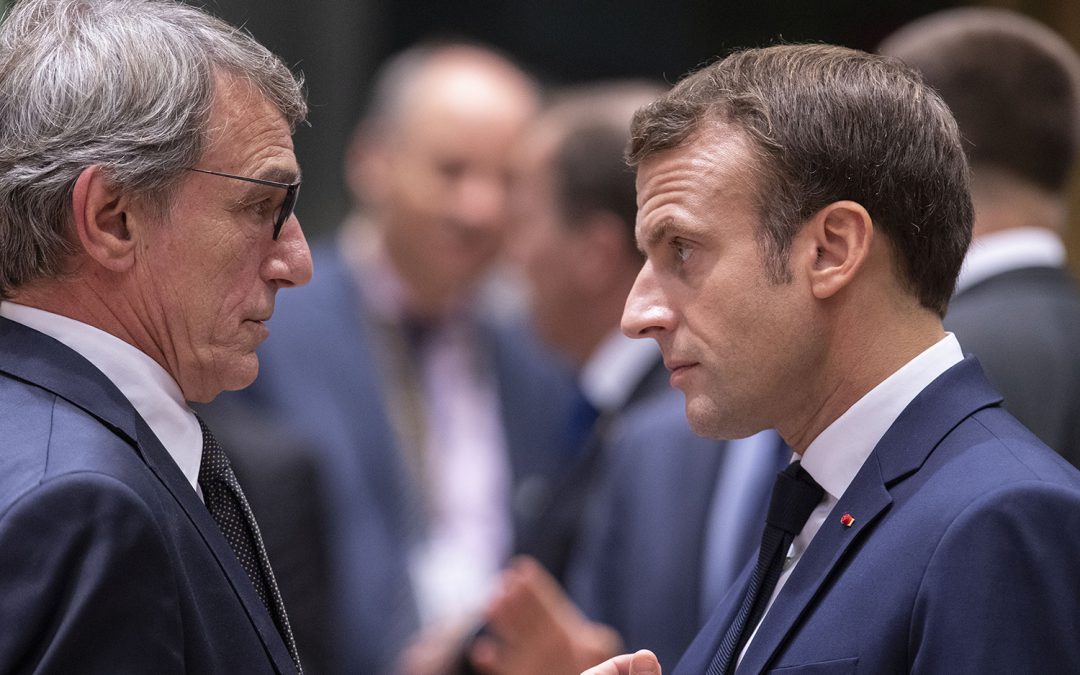BRUSSELS – While all eyes were on a Brexit agreement at October’s European Union Summit, France blocked expanding the organization into the Balkans over a fundamental disagreement on a vision of Europe.
“We are too slow,” said French President Emmanuel Macron of EU processes. “We need to reform ourselves before opening up.”
Three EU member states, France, Denmark and the Netherlands, voted against proceeding with the next steps to allow Albania to enter EU membership discussions. France alone rejected North Macedonia’s membership appeal. All EU states must agree before approval is given for membership talks.
Macron cited asylum problems and dismantling immigration networks as major concerns to including the two countries, but emphasized coherence among EU nations at a time when it needs “more power, more coherence, more solidarity, more muscle.”
“Europe might turn into something which is a single market with very reduced coordination,” Macron said at a news conference after the first day’s roundtable meeting on Oct. 17. “This is what is happening, and it is a mistake.”
European Commission President Jean-Claude Juncker accused France of making “a historic error” by blocking entry talks. Albania and North Macedonia have been preparing to join the EU since the 1990s.
The decisions will be revisited at a summit early next year.
The heads of state and government from the 27 EU member states also voted to accept the new Brexit Withdrawal Agreement and Political Declaration. Negotiations centered on Northern Ireland. The region is part of the U.K. but shares a border with the Republic of Ireland, an EU member.
“I would point out that from the beginning, Northern Ireland will be able to join with the rest of the U.K. in doing free trade deals around the world,” said United Kingdom Prime Minister Boris Johnson.
Johnson’s new deal proposed Northern Ireland remain part of the U.K. but share customs regulations with the EU. That means no infrastructure will have to be created at the border.
Johnson has until Oct. 31—Britain’s scheduled EU departure date — to get the British Parliament to pass the 115-page deal. Parliament was scheduled to vote Tuesday on whether they approve the deal in principle and whether there is enough time to turn it into law by the end of the month.
“Today we have a deal which allows us to avoid chaos and an atmosphere of conflict between the EU27 and the United Kingdom,” said European Council President Donald Tusk at Monday evening’s press conference. “On a more personal note, what I feel today is, frankly speaking, sadness, because in my heart I will always be a remainer.”
The Council also condemned Turkey for military action in Northeast Syria as well as illegal drilling activities in Cyprus.
Leaders also addressed long-term budget concerns that would allow the EU to spend up to $1.2 trillion between 2021 and 2027.
No climate change targets were issued. Leaders will finalize the EU’s position in a December meeting.
October’s summit is the last for Tusk as well as Juncker.

